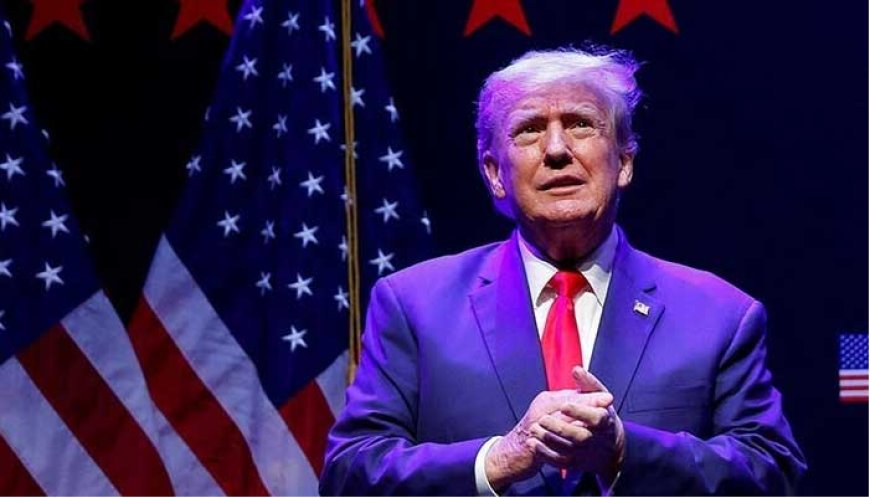Trump promises high tariff on goods from China, Canada, Mexico

1. Beijing terms US-China trade cooperation mutually beneficial, says there will be no winner in tariff war
Donald Trump Pledges New Tariffs on Major Trade Partners: Canada, Mexico, and China
President-elect Donald Trump has announced plans to impose significant tariffs on the United States' largest trading partners—Canada, Mexico, and China—fulfilling campaign promises that could ignite trade conflicts.
Set to return to the White House on January 20, 2025, Trump declared he would introduce a 25% tariff on imports from Canada and Mexico until both countries take stronger measures against drug trafficking, particularly fentanyl, and illegal immigration. These actions could violate the US-Mexico-Canada Agreement (USMCA).
"On January 20th, as one of my first Executive Orders, I will sign all necessary documents to charge Mexico and Canada a 25% tariff on ALL products coming into the United States, and its ridiculous Open Borders," Trump stated on Truth Social.
Targeting China
Trump also announced plans to impose an additional 10% tariff on Chinese imports, citing Beijing's insufficient efforts to curb the flow of illicit drugs entering the U.S. via Mexico. "Until such time as they stop, we will be charging China an additional 10% tariff on all of their many products," he added.
Economic and Trade Impacts
In 2023, over 83% of Mexico's exports and 75% of Canada's exports were destined for the U.S., making these proposed tariffs a significant economic threat. The measures could disrupt major supply chains, particularly for Asian automotive and electronics companies using Mexico as a production hub.
Economists warn that such tariffs could stoke inflation, hurt U.S. consumers, and provoke retaliatory measures, complicating global trade relations. William Reinsch, a former president of the National Foreign Trade Council, suggested Trump's tariff threats may aim to force early renegotiations of the USMCA, scheduled for review in 2026.
International Responses
After Trump's tariff announcement, he reportedly discussed trade and border security with Canadian Prime Minister Justin Trudeau, with both leaders agreeing to stay in touch.
Mexico's Ricardo Monreal emphasized the need for bilateral cooperation, warning that escalating trade conflicts would harm citizens without addressing core issues. Meanwhile, China's Embassy in Washington dismissed Trump's accusations, stressing that U.S.-China trade is mutually beneficial and highlighting efforts to control fentanyl-related exports.
Looking Ahead
Trump has floated broader tariff plans, including a blanket 10%-20% duty on all imports and up to 200% on vehicles from Mexico. These policies, if enacted, could return U.S. tariffs to levels not seen since the 1930s, potentially reshaping global supply chains and economic alliances.


















































